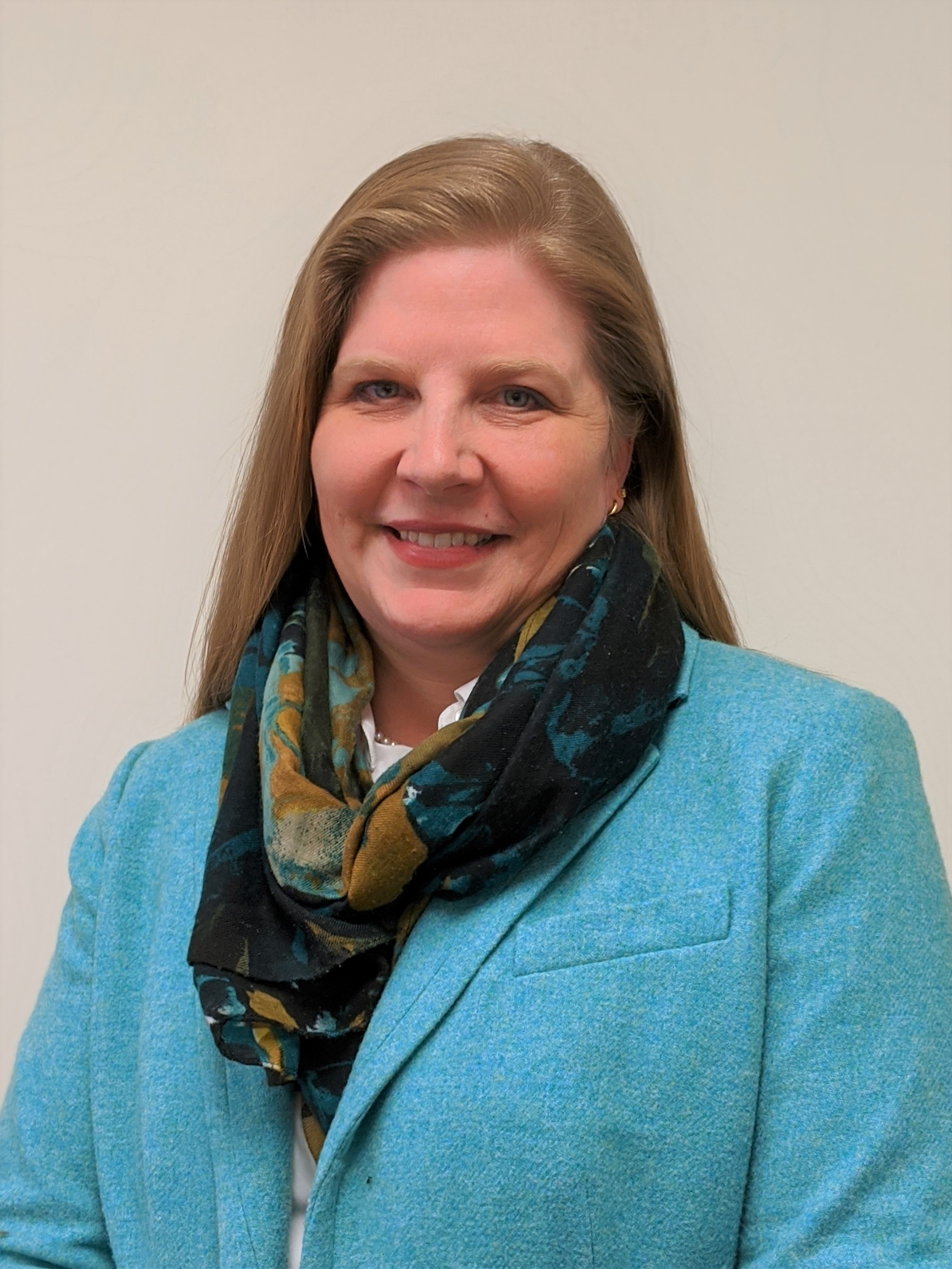April 2020 News from CEA
Message from Susan Carkin, 2020 Commission Chair
Greetings on behalf of CEA. I’m honored to be CEA’s chair for what has started out as quite a challenging year. I have the further honor of working with CEA’s new Executive Director, Heidi Vellenga, PhD, who served CEA as Associate Director for the past five years. Heidi’s deep experience and knowledge of CEA operations have permitted a relatively seamless transition to the new year and ongoing work. CEA’s previous Executive Director, Dr. Mary Reeves, has agreed to stay involved part-time in 2020 as Executive Advisor to support CEA and ensure a smooth transition, as planned.
CEA’s regular April meeting was held virtually on its scheduled dates, April 4 - 6, after a brief sound check and practice session with CEA tech support the night before the meeting. The Zoom platform afforded us some new ways of working while also ensuring security of documents and discussion. The Commission accomplished its planned work: annual orientation of the full Commission, accreditation decisions, professional development sessions, committee meetings, and the range of reports and updates that are delivered in every meeting. For the August meeting, the Commission has tentative plans for commissioners to be present in Alexandria, but we will remain attentive to the status of the virus and the potential risks to all involved.
Further below you’ll find a summary of CEA’s work, but I want to highlight one development reflecting CEA’s commitment to monitor developments in the field and adjust accreditation practices if warranted. At the April meeting, I presented a 2020 Scope Task Force charge to the Commission. CEA analyses reveal trends of a range of reconfigurations among English language programs and institutions as they work to manage market demands as well as institutional and demographic realities. The Task Force will review CEA’s scope and eligibility criteria to determine if changes are needed to meet the changing needs of the field. The Scope Task Force has been struck and will convene the first meeting in early May. Outcomes of the work of the Task Force will be reported to constituents and the field when available.
On a final note, I encourage you to consider the 2021-23 Call for Nominations. CEA commissioners have responsibilities in two important areas: as the accreditation decision-making body and as the governing body of CEA as a nonprofit corporation. Commissioner qualifications are outlined in the call, and the current call encourages applicants with community college experience or those who have jobs which involve at least 50% teaching. We invite you to put yourself forward or encourage others to apply to join us in serving the field and helping CEA achieve its mission.
Susan Carkin, PhD
2020 Commission Chair

 The CEA Executive Committee is pleased to announce the selection of Heidi Vellenga, PhD, as CEA’s next Executive Director. Dr. Vellenga will assume her responsibilities on February 1, 2020, following Dr. Mary Reeves’s retirement from the position.
The CEA Executive Committee is pleased to announce the selection of Heidi Vellenga, PhD, as CEA’s next Executive Director. Dr. Vellenga will assume her responsibilities on February 1, 2020, following Dr. Mary Reeves’s retirement from the position.